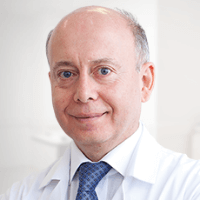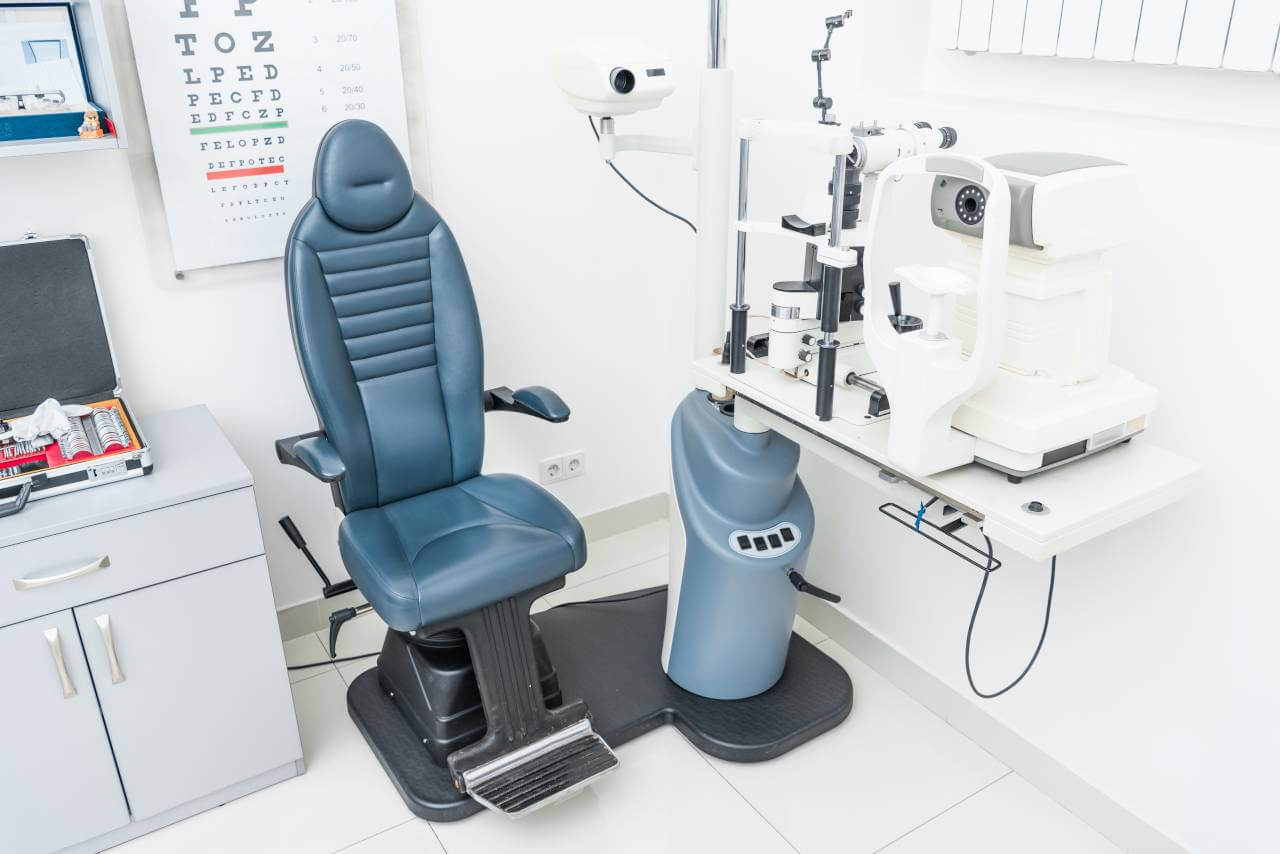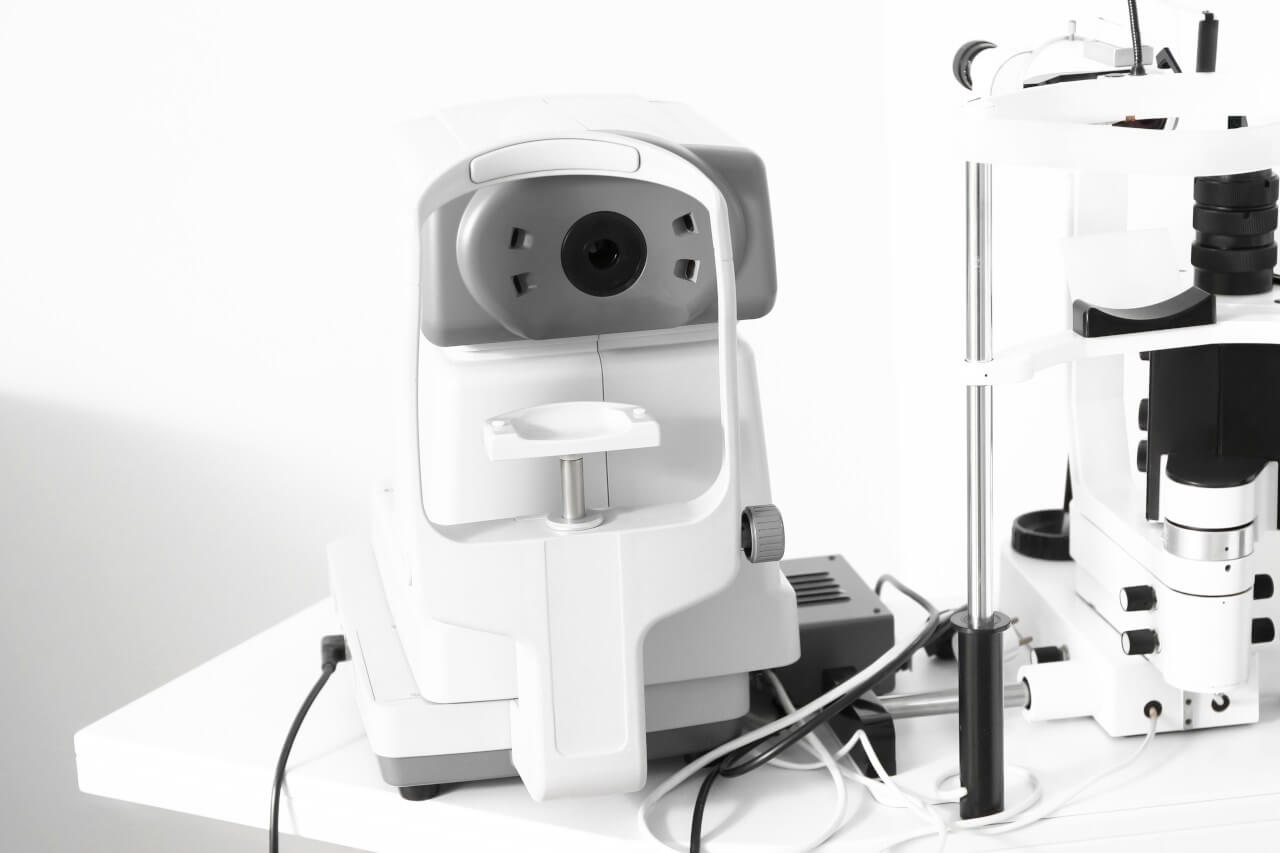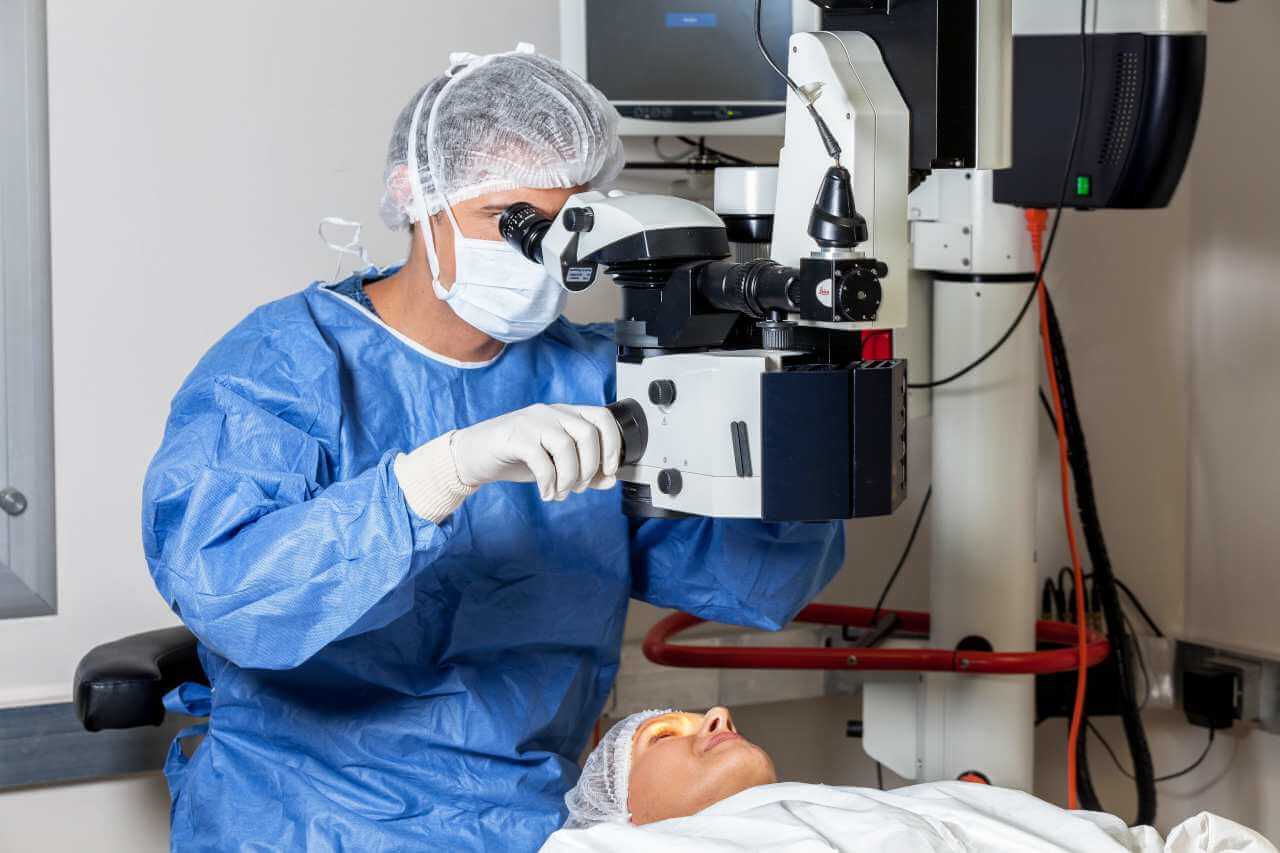
The program includes:
- Initial presentation in the clinic
- clinical history taking
- review of medical records
- physical examination
- laboratory tests:
- complete blood count
- biochemical analysis of blood
- indicators of inflammation
- indicators blood coagulation
- ophthalmologic examination:
- slit-lamp examination
- pupil function tests
- ocular motility test
- ophthalmoscopy
- perimetry (visual field test)
- computer perimetry
- visometry (without correction and with correction)
- keratometry
- pachymetry
- refractometry (objective, subjective, cycloplegic)
- autorefractometry
- non-contact tonometer
- biomicroscopy
- services of chief physician and all leading experts
- preparation according to preoperative standard
- vitrectomy
- symptomatic treatment
- control examinations
- the cost of essential medicines and materials
- nursing services
- explanation of future recommendations
Required documents
- Medical records
Service
You may also book:
 BookingHealth Price from:
BookingHealth Price from:
About the department
The Department of Adult and Pediatric Ophthalmology at the Cagin Eye Hospital Izmit offers all the options of modern diagnostics and treatment for patients with visual impairments and ophthalmological diseases. The department has high-tech diagnostic rooms, where a comprehensive eye examination is carried out. At the initial stages of ophthalmic pathologies, the preference is given to drug treatment and laser vision correction. However, in many cases, the department's ophthalmologists resort to more invasive procedures. The department is equipped with 3 progressive operating rooms for surgical interventions, including one operating room for correction of visual impairments using excimer laser. The treatment complies with the standardized clinical protocols of Turkish and international societies, which guarantees the restoration and preservation of vision even in the extremely severe clinical cases. The Chief Physician of the department is Dr. med. Kursat Cagin.
Laser vision correction is especially in demand in the department. The specialists select an individual technique for vision correction according to the diagnosis and ophthalmological peculiarities of a particular patient. Photorefractive keratectomy is effectively used for correction of myopia, hypermetropia and astigmatism. At first, anesthetic drops are instilled. The target area is marked in the center of the cornea where the laser correction will take place. Then, the epithelium is removed from this area, and the excimer laser starts working. It evaporates part of the corneal tissue according to a predetermined by a computer program and thus creates its new surface, which returns the patient his normal vision. After the correction completion, the doctor instills anti-inflammatory drops and drops with an antibiotic. The eye is closed with a bandage. Healing after the procedure takes 2-5 days.
Vision correction with LASEK technique is most often used in patients with a thinned cornea. With the help of a laser, the doctor makes an arc-shaped incision in the upper lining of the eye and lifts it up. The laser beam acts directly on the cornea and creates it the correct shape. The procedure is absolutely painless, and in 7-10 days the patient can see normally. The most sparing technique of vision correction is LASIK. The recovery is quick – within 24 hours the patient can return to work and drive a car.
The surgical options of the department include operations of varying degrees of complexity for the treatment of cataracts and glaucoma, vitrectomy, oculoplastic interventions, as well as surgery for correction of strabismus in adults and children. The department also performs corneal transplantations. Such an intervention is performed in patients with corneal trauma or advanced keratoconus. A donor cornea is used for transplantation. The operation is performed using the most modern technique – lamellar keratoplasty. The technique involves layer-by-layer replacement of the damaged corneal while maintaining healthy eye tissue.
The department also specializes in pediatric ophthalmology. It provides vision screenings for young children and vision assessment for older children. Most often, pediatric ophthalmologists have to deal with the correction of strabismus, treatment of congenital cataracts and glaucoma, refractive errors (myopia, hyperopia, astigmatism), etc.
The department's range of medical services includes:
- Diagnostics
- Ultrasound examination of the eye
- Pachymetry
- Optical biometrics
- Refractometry, including in children
- Visual field test
- Corneal topography
- Fundus fluorescein angiography
- Intraocular pressure measurement
- Corneal confocal microscopy
- Optical coherence tomography
- Laser treatment methods
- Laser correction using photorefractive keratectomy
- LASEK laser correction
- LASIK laser correction
- iLASIK laser correction
- Corneal cross-linking
- Surgical treatment methods
- Surgical treatment of cataracts
- Surgical treatment of glaucoma
- Strabismus correction
- Vitrectomy
- Oculoplastics
- Entropion and ectropion surgical treatment
- Corneal transplantation
- Other diagnostic and therapeutic options
Curriculum vitae
Higher Education
- Study of Human Medicine at the Faculty of Medicine of Ankara University.
Professional Сareer
- Dr. med. Kursat Cagin is an ophthalmologist and founding member of the Cagin Eye Hospital Izmit. His clinical experience includes more than 21 years of practice, as well as more than 25,000 surgeries performed. The doctor is also the author of many scientific publications and articles.
Memberships in Professional Societies
- American Academy of Ophthalmology.
- American Society of Cataract and Refractive Surgery.
- Turkish Association of Ophthalmology.
Photo of the doctor: © Cagin Eye Hospital
About hospital
The Cagin Eye Hospital Izmit is the largest private highly-specialized medical center for the treatment of ophthalmic diseases in Turkey. The hospital started its successful clinical practice in 1999, and in December 2012 it moved to a new building with modern infrastructure. The medical staff of the hospital consists of 65 employees, 8 of which are highly qualified ophthalmologists who effectively treat both minor visual impairments and serious eye pathologies. The hospital has 26 beds for inpatients. Surgical treatment is carried out in three high-tech operating rooms, including one operating room for vision correction using an excimer laser.
The hospital specializes in pharmacotherapy, laser and surgical procedures for restoration of vision. It provides laser vision correction, surgical treatment of strabismus and cataracts, vitrectomy, oculoplastic interventions, treatment of corneal diseases and injuries, etc. The medical complex offers the most progressive and effective ophthalmic techniques, including laser vision correction using photorefractive keratectomy, LASEK, LASIK, iLASIK, corneal cross-linking (treatment of keratoconus without surgery).
Each employee of the hospital aims to provide the patient with the highest quality medical service in a pleasant and friendly atmosphere. The doctors of the medical facility admit not only Turkish citizens, but also patients from Russia, European and Arab countries. This fact indicates that the hospital has authority in the international medical arena and successfully competes with the leading ophthalmological centers in the world.
Photo: © depositphotos
Accommodation in hospital
Patients rooms
The clinic offers accommodation in cozy rooms for the inpatient treatment of patients.
Meals and Menus
The clinic has a cafe and a restaurant on its territory.
Further details
Standard rooms include:
Hospital accommodation
If desired, accommodation at a hotel on the territory of the clinic is also possible. Our managers will help you choose the most suitable option.
Hotel
During the outpatient program, the patient can stay at a hotel of his choice. Our managers will help you choose the most suitable option.




